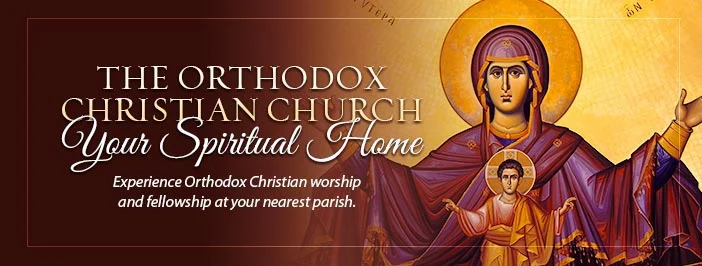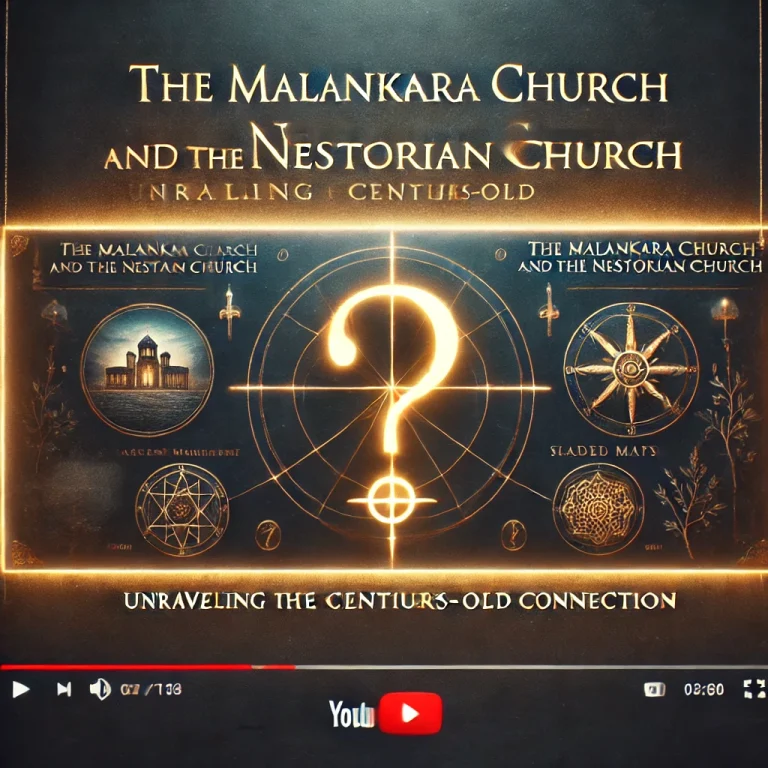
Orthodox Christianity represents one of the oldest forms of Christian faith, deeply rooted in the early Christian community and the teachings of Jesus Christ. This Bible study aims to explore the foundational beliefs, history, theology, and practices that define Orthodox Christianity.
- Historical Context
- Origins and Early Christianity: The Orthodox Church traces its roots back to the Christian communities established by the Apostles of Jesus Christ. It considers itself a direct continuation of the earliest Christian tradition.
- Acts 2:42-47 provides a glimpse into the early Christian community’s life, emphasizing teaching, fellowship, breaking bread, and prayer.
- The Great Schism: In 1054, the Great Schism occurred, dividing the Eastern (Orthodox) and Western (Roman Catholic) churches. This division was rooted in theological, political, and cultural differences.
- Ephesians 2:19-22 speaks to the unity of the Church, a poignant reminder in the context of the Schism’s attempt to maintain apostolic continuity and doctrinal integrity.
- Theological Foundations
- The Holy Trinity: Central to Orthodox theology is the belief in the Holy Trinity, one God in three persons: Father, Son, and Holy Spirit.
- Matthew 28:19 instructs believers to baptize “in the name of the Father and of the Son and of the Holy Spirit,” reflecting the Trinitarian belief.
- Christology: The Orthodox Church holds a high Christological view, emphasizing Jesus Christ as God and man.
- John 1:1,14 establishes the divinity of Christ and His Incarnation, which is foundational to understanding Christ’s nature and mission.
- Scripture and Tradition
- The Role of Scripture: The Bible is the written word of God, central to the life of the Church. It is read, chanted, and lived within the liturgical and sacramental life of the Church.
- Tradition: Tradition in Orthodoxy is not merely the transmission of practices but the living faith of the dead. It includes the ecumenical councils, the Church Fathers’ writings, liturgical texts, and the Holy Icons.
- 2 Thessalonians 2:15 urges believers to “stand firm and hold fast to the traditions” taught by word or letter.
- Divine Liturgy and Sacraments
- Divine Liturgy: The center of Orthodox worship is the Divine Liturgy, where the Eucharist is celebrated. It is a participation in the heavenly worship and a foretaste of the Kingdom to come.
- 1 Corinthians 11:23-26 details the institution of the Eucharist, central to the Divine Liturgy.
- Sacraments (Mysteries): Orthodox Christianity practices seven sacraments, including Baptism, Chrismation, Eucharist, Confession, Ordination, Marriage, and Anointing of the Sick, as means of grace and participation in the life of God.
- John 3:5 and James 5:14-15 provide scriptural bases for the practices of Baptism and Anointing of the Sick, respectively.
- Spirituality and the Practice of Faith
- Prayer and Fasting: Personal and communal prayer, along with fasting, are vital practices in Orthodox spirituality, aiming to deepen one’s relationship with God and foster a life of holiness.
- Matthew 6:16-18 6:5-6 offers teachings on fasting and prayer, emphasizing their importance in spiritual life.
- Theosis (Deification): The ultimate goal of Orthodox Christian life is theosis, becoming partakers of the divine nature through Christ.
- 2 Peter 1:4 speaks of becoming “partakers of the divine nature,” underlying the concept of theosis.
- The Role of the Theotokos and the Saints
- Veneration of the Theotokos: The Virgin Mary, referred to as the Theotokos (God-bearer), holds a special place in Orthodox devotion and is celebrated for her role in salvation history.
- Luke 1:28,42 highlights the blessedness of the Theotokos, reflecting her unique role in Orthodox spirituality.
- Commemoration of Saints: The saints are honored and remembered for their exemplary faith and life in Christ. They are seen as intercessors and examples to emulate.
- Hebrews 12:1 encourages believers to run the race with perseverance, surrounded by a “great cloud of witnesses,” referring to the saints.
Conclusion
Orthodox Christianity offers a rich tapestry of faith deeply rooted in the earliest Christian tradition. Its emphasis on the Holy Trinity, the Incarnation, the role of Scripture and Tradition, the centrality of Divine Liturgy, the practice of the sacraments, and the journey towards theosis defines a pathway towards a profound spiritual life. Through study and participation, believers are invited into a deep and living relationship with God, experienced within the faith community.

